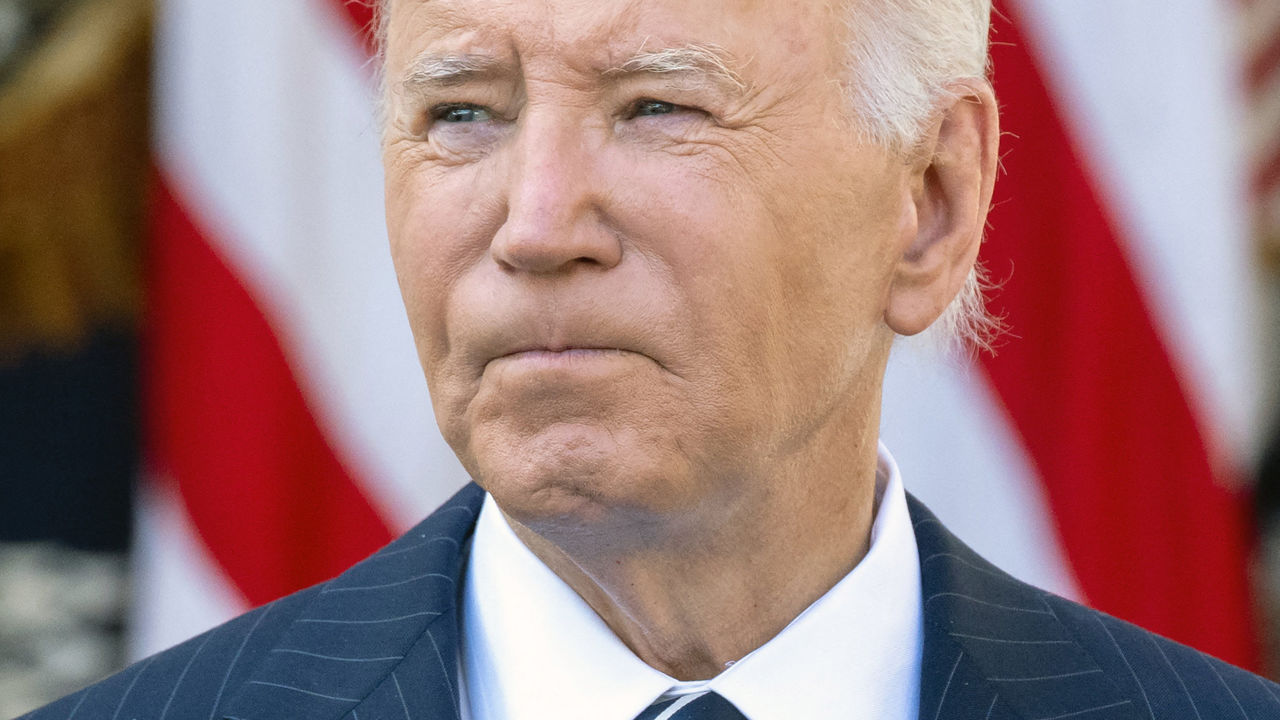Higher German infrastructure spending will boost Europe’s economic growth in the coming years — but not enough to outweigh the expected drag from U.S. tariffs, according to Alfred Kammer, director of the European department at the International Monetary Fund.
The IMF last week cut its growth outlook for the euro area, also making downgrades for the U.S., U.K. and many Asian countries due to President Donald Trump’s volatile tariff policy.
The institution cut its euro area growth forecasts for each of the next two years by 0.2 percentage points, to 0.8% in 2025 and 1.2% in 2026.
“It’s the tariffs and the trade tensions which weigh on the outlook rather than the positive effects on the fiscal side,” Kammer told CNBC’s Carolin Roth in an interview at the IMF-World Bank Spring Meetings last week.
“What we see is we have a meaningful downgrade for Europe advanced economies… and for the emerging euro area countries double as much over this two-year period.”
The negative impact of tariffs will be slightly offset by Germany’s recent infrastructure spending bill, which will boost growth in the euro area over those two years, Kammer said.
Exemptions passed to Germany’s longstanding debt rules have unlocked higher defense spending and enabled creation of a 500 billion euro ($548 billion) infrastructure and climate fund. The move has been described by economists as a potential “game changer” for the sluggish economy — the largest in the euro zone.

However, optimism has been shaken by U.S. tariffs, which are widely expected to dampen global growth and trade flows.
Several policymakers at the European Central Bank told CNBC last week that while the inflation path appeared positive — with tariffs potentially bringing inflation in the bloc down further — their broader outlook was now significantly more uncertain.
The IMF’s Kammer said that the ECB should only cut interest rates once more this year, by a quarter percentage point, despite growth risks.
The ECB has so far reduced rates seven times in quarter-percentage-point increments, starting in June 2024. Its most recent move lower in April took the deposit facility, its key rate, to 2.25%.
“We have a very clear recommendation for the ECB. What we saw so far is a huge success in the disinflation effort and monetary policy has worked … so we are expecting to sustainably hit the 2% inflation target in the second half of 2025,” Kammer told CNBC.
“Our recommendation is there is room for one more 25-basis-point cut, in the summer, and then the ECB should hold that 2% policy rate unless major shocks hit and there is a need for recalibrating monetary policy,” he added.
Overnight index swap pricing on Monday pointed to market expectations for two more quarter-point cuts this year.

 Accounting1 week ago
Accounting1 week ago
 Finance1 week ago
Finance1 week ago
 Economics7 days ago
Economics7 days ago
 Economics1 week ago
Economics1 week ago
 Finance1 week ago
Finance1 week ago
 Economics1 week ago
Economics1 week ago
 Personal Finance6 days ago
Personal Finance6 days ago
 Economics5 days ago
Economics5 days ago























